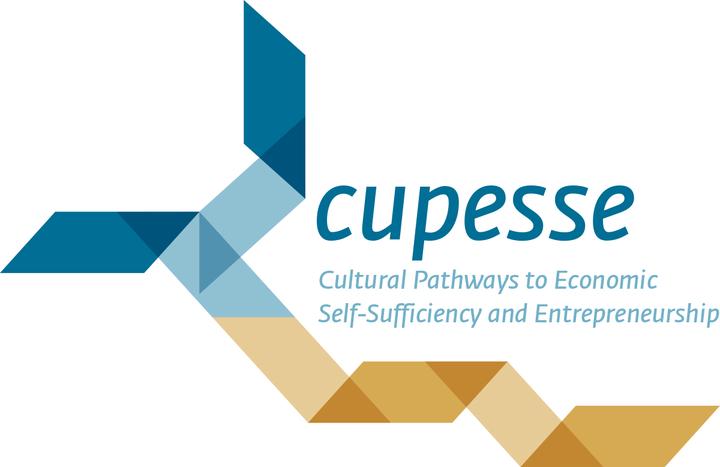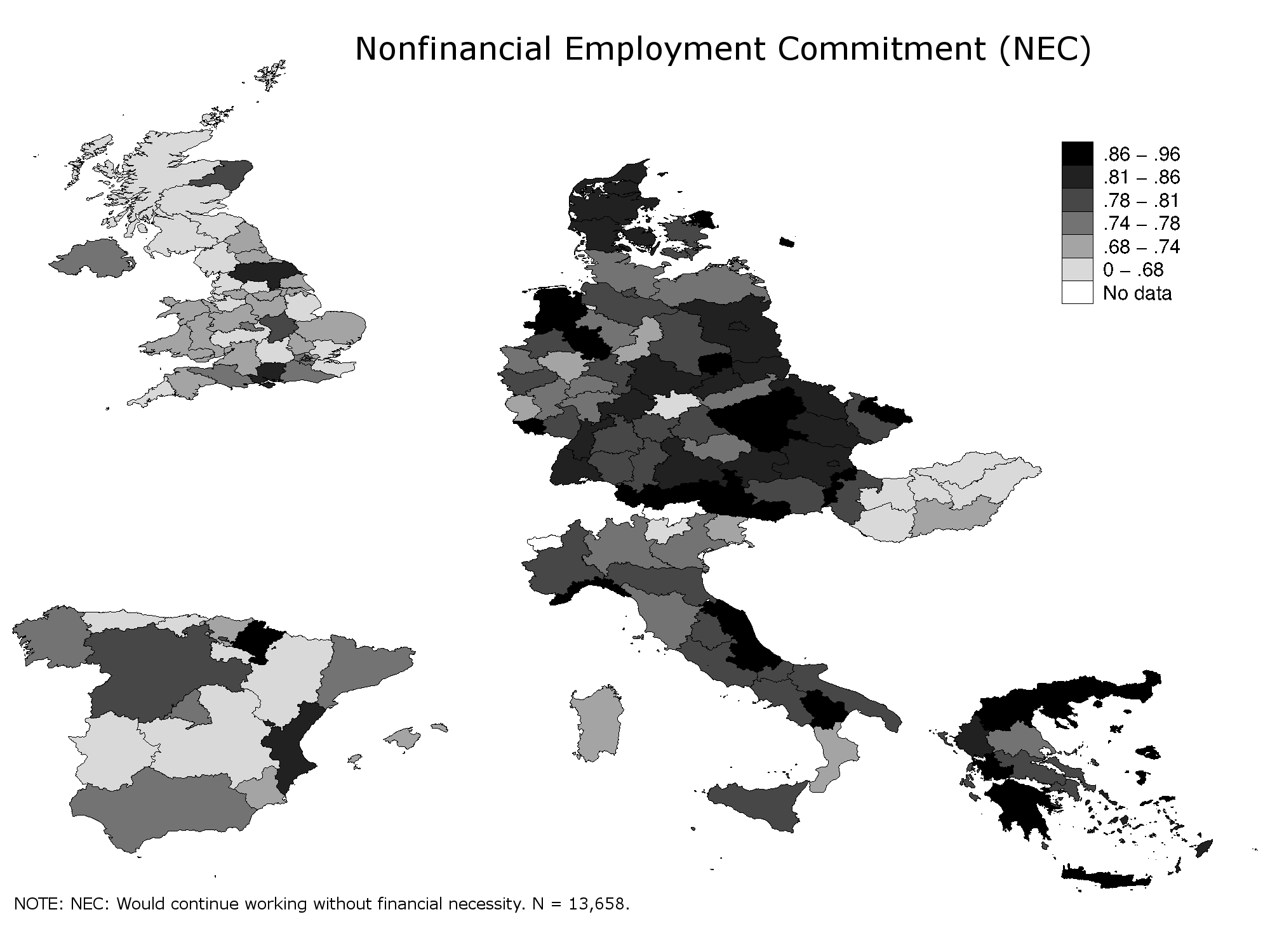CUPESSE
 CUPESSE logo
CUPESSE logo
Short project description
Cultural Pathways to Economic Self-Sufficiency and Enterpreneurship was a EU-FP7-SSH funded project of 12 universities led by Jale Tosun from the University of Heidelberg. It aimed at analysing youth unemployment in Europe following the economic crisis. Besides publishing several papers and a book it generated qualitative as well as quantitative data from 14 countries (Austria, Czech Republic, Denmark, Germany, Greece, Hungary, Italy, Spain, Switzerland, Turkey, and the United Kingdom). More details on the Project can be found here. A video featuring some results of the Project is available @youtube here.
I joined the project late at its final stages and worked with the quantitative data set analysing diverging patterns of work centrality in Europe. This work resulted in a paper co-authored with Bernhard Kittel and Panos Tsakloglou. In it we highlight the diverse pattern of two dimensions of work centrality: the relative importance of work (esp. in comparison to leisure) and nonfinancial employment commitment, across European regions (see Figure 1). We link these two measures to the popular differentiation between intrinsic and extrinsic work benefits. Utilizing multi-level analysis, we show how strongly parents influence children’s work values and point out macro-economic factors explaining regional differences in work centrality patterns across Europe. The dataset we use has also been published and can be accessed here.
